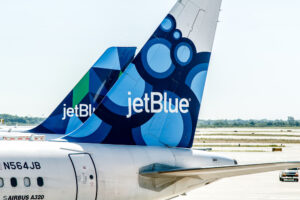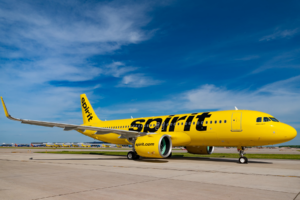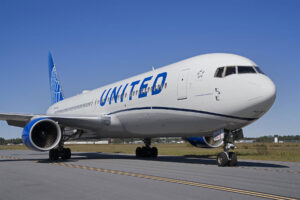Marriott Fined $600K for Blocking Personal Wi-Fi Connections


An FCC investigation revealed that a Marriott in Tennessee has been intentionally jamming guests’ personal Internet connections on their mobile devices.
It’s not that Marriott guests were unable to get online. It’s that the company forced them to use the hotel’s Wi-Fi if they wanted to. That did not sit well with the Federal Communications Commission (FCC), which issued a consent decree on October 3. In a press release, the regulatory agency stated that Marriott International and its subsidiary Marriott Hotel Services agreed to pay a $600,000 penalty for intentionally interfering with and disabling Wi-Fi networks created by consumers in the conference space of Nashville, Tennessee’s Gaylord Opryland Hotel and Convention Center, which Marriott manages.
The issue flared up in March 2013 when the FCC received a complaint from a Gaylord Opryland conference attendee who said that the venue was “jamming mobile hotspots so that you can’t use them in the convention space.” An FCC investigation subsequently revealed that Marriott workers were blocking people from accessing the Internet on their own devices using personal Wi-Fi networks. Marriott workers would then charge people anywhere from $250 to $1,000 per device to use the hotel’s connection.
“Consumers who purchase cellular data plans should be able to use them without fear that their personal Internet connection will be blocked by their hotel or conference center,” said Enforcement Bureau Chief Travis LeBlanc. “It is unacceptable for any hotel to intentionally disable personal hotspots while also charging customers and small businesses high fees to use the hotel’s own Wi-Fi network. This practice puts consumers in the untenable position of either paying twice for the same service of forgoing Internet access altogether.”
Under the FCC’s consent decree, which does not require Marriott to admit guilt, the hotel must pay the civil pecuniary penalty, take steps to improve how it monitors and uses its Wi-Fi technology, create a compliance plan and report to the FCC every three months for three years.
Meanwhile, the hotel released its own statement denying that it did anything wrong. A portion of the statement read:
Marriott has a strong interest in ensuring that when our guests use our Wi-Fi service, they will be protected from rogue wireless hotspots that can cause degraded service, insidious cyber-attacks and identity theft. Like many other institutions and companies in a wide variety of industries, including hospitals and universities, the Gaylord Opryland protected its Wi-Fi network by using FCC-authorized equipment provided by well-known, reputable manufacturers. We believe that the Opryland’s actions were lawful. We will continue to encourage the FCC to pursue a rulemaking in order to eliminate the ongoing confusion resulting from today’s action and to assess the merits of its underlying policy.
[Photo: Gaylord Hotels Marketing]





















